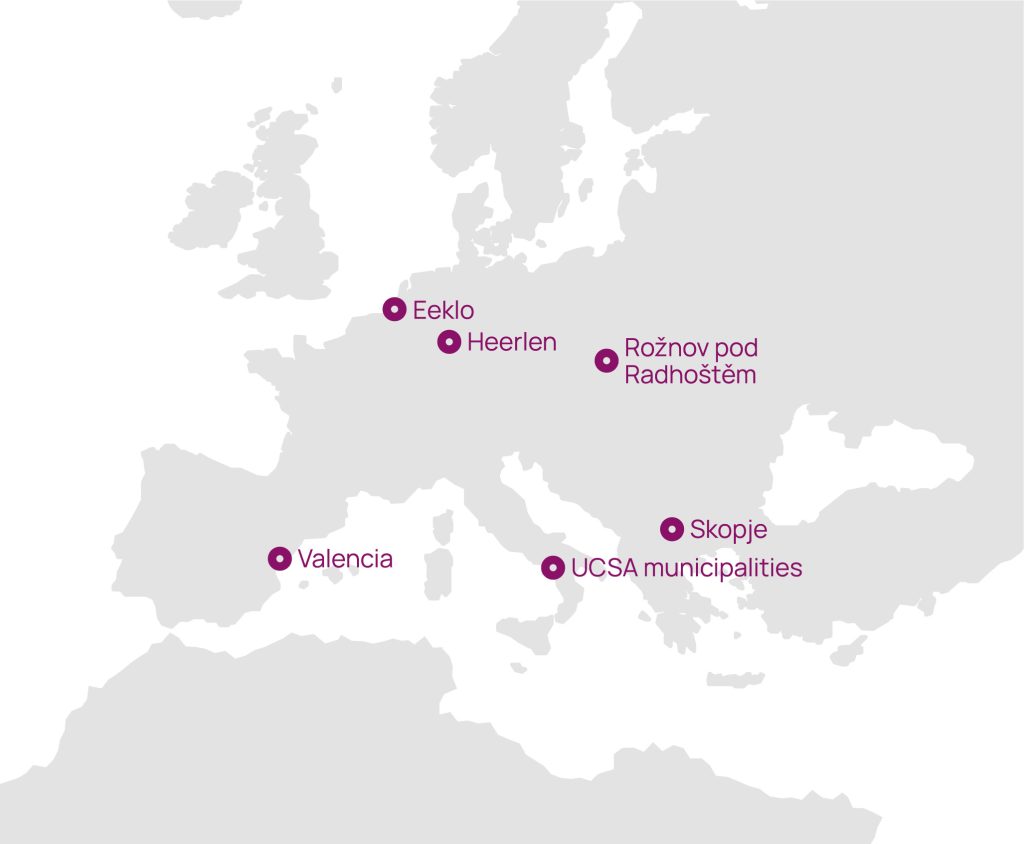Where is the #righttoenergy?
Join us on Energy Poverty Week 2022 and all along the year
With energy prices rising at an unseen speed, governments all over Europe say they will focus on the most vulnerable. And still, despite emergency measures being taken at the national level, there is some stagnation in bold policy-making. In the meantime, on the ground, local authorities struggle in supporting their weakest residents.

Last week, the Mayor of Florence Dario Nardella sent out a distress call for stronger solidarity with people in energy poverty. As part of the “adopt a bill” initiative, Mr. Nardella asked his residents to pay the energy bill of older people living alone. This is just one example out of many that demonstrates how dramatic the situation is. And if suuport is meant to be serious and long-lasting, low and middle-income Europeans do need more than temporary bill assistance. Political decision-makers need to urgently implement long-term measures to transform the fossil fuel-dependent energy system into a socially just and ecologically sustainable one. The International Energy Poverty Week which is starting today is one way to highlight the various causes of energy poverty and to bring some of the existing solutions in the spotlight.
Advocating long-term support
For this week from 21-25th February 2022, we join forces again with our allies from the Right to Energy Coalition. Energy Cities is a proud member of this coalition which unites NGOs, environmental campaigners, health organisations, energy cooperatives, trade unions, anti-poverty groups and social housing providers across Europe. On behalf of our member cities, we advocate for a fair energy system in which the most vulnerable citizens have their say.

Moreover, throughout the year, many of those local leaders do actively explore new and betters ways of tackling energy poverty. Combining a strong political will and technical expertise, they are determined to tackle that problem in a structural way.
Exploring innovative actions and business models
Get to know the pilot cities involved in two of our flagship projects dealing with the most vulnerable:
- WELLBASED: Valencia (Spain), Heerlen (Netherlands), Leeds (UK), Edirne (Turkey), Obuda (Hungary) and Jelgava (Latvia) will design, implement and evaluate six pilot programs that particularly aim at improving health, wellbeing and equality for people affected by energy poverty. Based on these experiences, the pilots and their academic and non-profit partners will propose EU-wide replicable solutions to policy-makers and city practitioners.
- POWER UP: The 6 pilots of POWER UP will act as “living labs” where they will experiment with innovative social governance, and implement novel business models together with households affected by energy poverty.

Finally, this is a good moment to remind you of three recent pieces that may help you better understand the many causes of energy poverty and to get guidance on how to take action:
- Our City Stories podcast episode with Dr. Lucie Middlemiss (Professor of Environment and Society at the School of Earth and Environment at the University of Leeds) who has an impressive track record of research on energy poverty with that particular focus on what is called the “lived experience” approach: https://soundcloud.com/energy-cities/prof-dr-lucie-middlemiss-about-energy-poverty-in-cities
- The political call for local renewable energy for all Europeans: https://energy-cities.eu/policy/renewable-for-all/
- This article presenting ingredients for a local strategy against energy poverty: https://energy-cities.eu/breaking-the-poverty-cycle/

